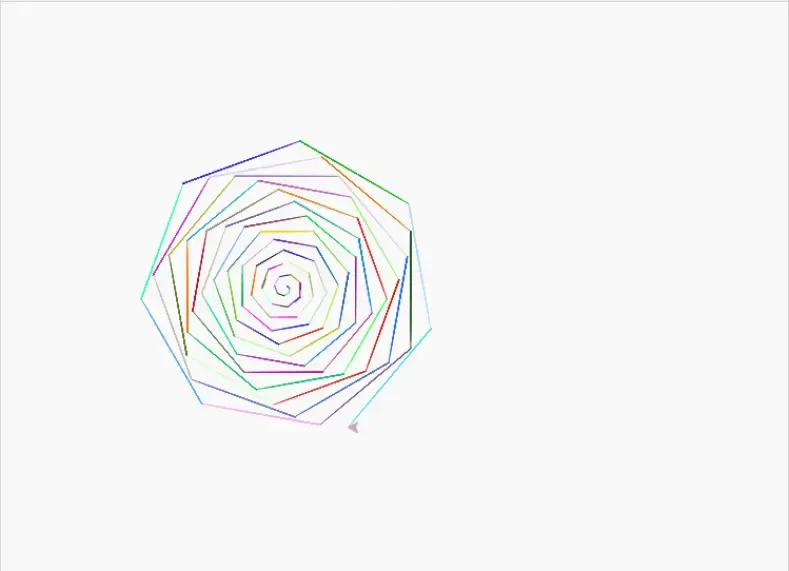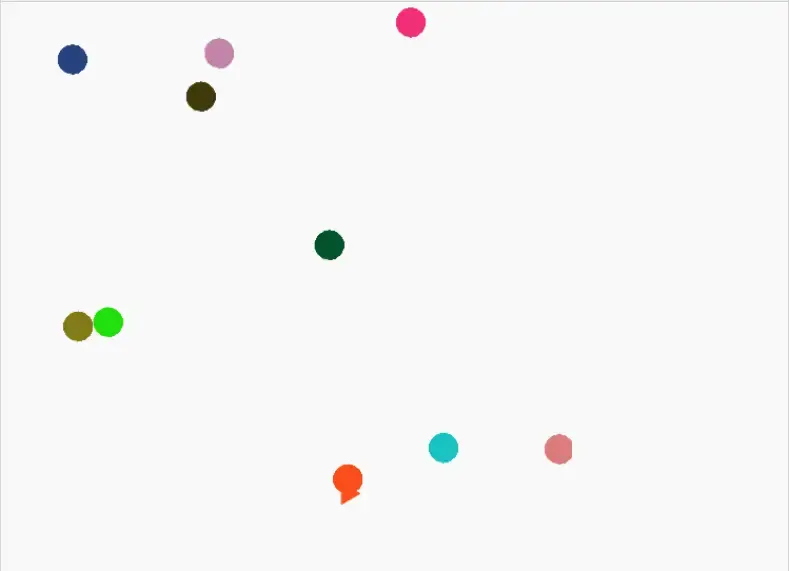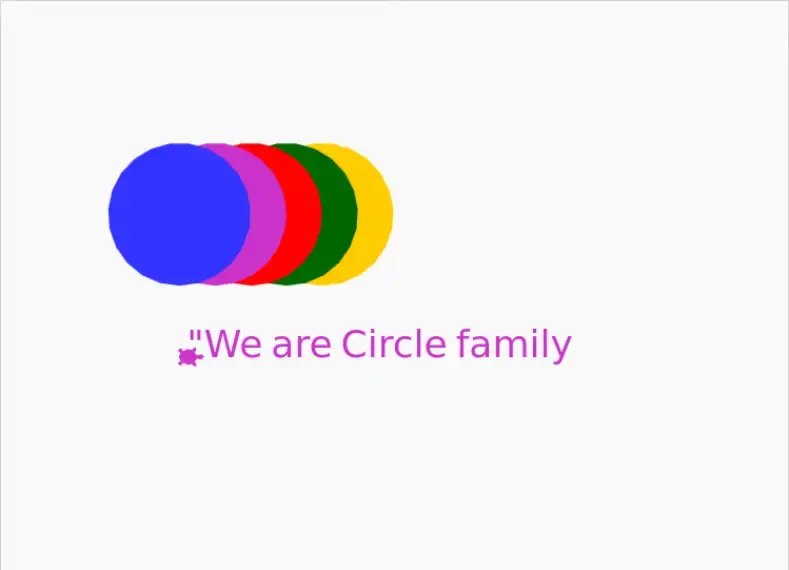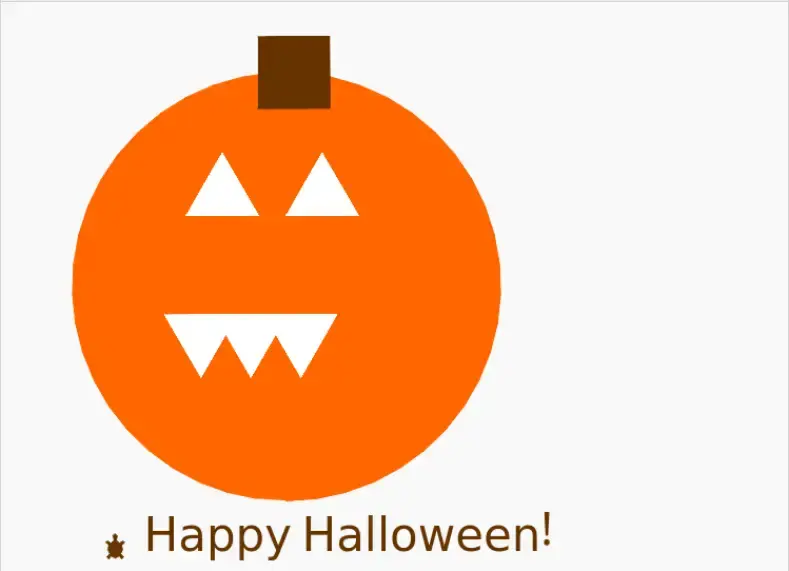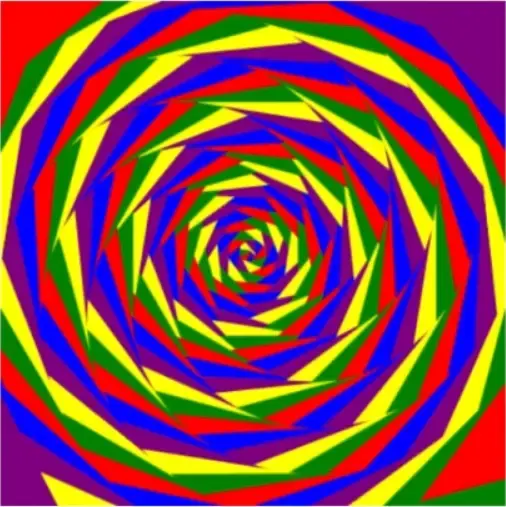Level
All
Duration
4 Weeks
Course Fee
PKR 8,000
Age Group
10-16 Years
Certificate
Available
Course Features
For young learners (ages 10-16), a soft start with block-based programming.
Multi-level course to start as a beginner and climb up the ladder.
Creative Projects: Engaging in activities like games and animations.
Hands-On Coding: Practice with interactive exercises.
Course Details
This course is a gentle introduction to programming using Python. Python is a powerful yet beginner-friendly coding language for kids to learn programming.
Python's adaptability as a language enables its use in diverse domains like web development, data analysis, and game development. Through Python learning, children cultivate crucial abilities in problem-solving and logical thinking that can be used across a wide array of fields.
We have thoughtfully designed this course in a way that young kids of ages 10 and above can start taking interest in programming; that's why we start the course with block-based programming and gradually transition to text-based programming. The course is divided into 4 modules; each module has multiple levels as outlined below:
Module 1: Fundamentals of Python
This module covers fundamentals of programming specifically Python. The basic concepts and constructs are very similar across various programming languages, so, it is always easier to start learning other languages once you are comfortable with one language.
This module comprises of 4 levels. At the end of each level, the student develops a final project and present it to the teacher in order to qualify.
Level 1
This level teaches the basics of Python using a block-based programming approach. It focuses on basic concepts of Python programming:
Introduction to Programming
Introduction to Python
Variable - Definition, Initialization of variable, Keywords and Operators
Functions - Definition, Types, Invocation and Implementation
Data Types - Introduction, Implementation and Usage
Libraries - Introduction, Examples, Functions and Usage (e.g Turtle, Random, Math)
Basic Loops - What & Why, Types, Usage & Implementation
Conditional Statements - Definition, Types, Usage and Implementation
Level 2
This level dives deeper into Python coding using block-based tools. Learners will make connections between different constructs and build meaningful programs.
User inputs - create programs that take inputs from the users and perform some functionality on them
Exploring more libraries to speed up programming
Introducing more loops - nested loops
Nested conditional statements
Using Lists
Advance functions
Exception handling
Level 3
In this level, learners will move to a text-based editor and will start writing code (contrary to blocks in previous levels) to perform the same actions that they learned in the previous 2 levels.
Install and setup IDE
IDE - Plugins and preferences
Hello world; running a program, debugging basic syntax
Printing numbers and strings
Variable - definition, Initialization of variable,key words and operators
Functions - Definition, Types, Invocation and Implementation
Data Types - Introduction, implementation and usage
Basic Loops - What & Why, types, usage & implementation
Conditional Statements - Definition, types, usage and implementation
Level 4
This level takes a deeper dive into fundamental concepts using text-based Python programming.
Creating program according to user input
Storage of user input and print
Write programs to utilize input in more meaningful way, such as calculator, pattern generators
Data types - write programs to work with different Data types
Implementation of Nested loop, Nested conditional statement
Write Functions and its Applications
Module 2: Data Structures
Level 1
This course focuses on data structures and what role do they play in Python programming.
Introduction of Data Structures
Types of Data structures
List, Tuples, Sets and Dictionaries
Learn applications of Data Structures
Module 3: Object Oriented Programming
Level 1 - Level 2
In Python, Object-Oriented Programming (OOP) is a programming paradigm that utilizes objects and classes to structure code. This course will guide learners to explore advanced possibilities with Python's OOP capabilities.
Introduction to OOP.
Understand basic building blocks - objects, classes, constructor, destructor
OOP Concepts - Encapsulation, Inheritance, Abstraction and Polymorphism
Applications of OOP - Why is it needed?
Module 4: Game Building
Level 1 - Level 2
This course will help the learner combine all programming concepts learnt so far and take them step by step in building a complete game using Pygame module.
Why should kids learn Python?
Python classes designed for children not only help them learn important programming ideas but also establish a solid base for dealing with more advanced subjects such as algorithms, data structures, machine learning, and artificial intelligence.
Using python, you can literally Make Anything You Can Think Of. Do you want to create games? Build a website or make awesome digital art? No matter what gets you excited about computer programming, Python has lots of tools (they're like toolboxes) called modules that help you make things quickly. It's like having a bunch of shortcuts to make your ideas come to life super fast!
Instructor
Reviews
Projects by our students
Projects by our students
Course Completion Activities
Course Completion Activities
Implement final project as assigned by the teacher, demonstrate it in the last lesson
Pass the Grand Quiz
Parent Teacher meeting


